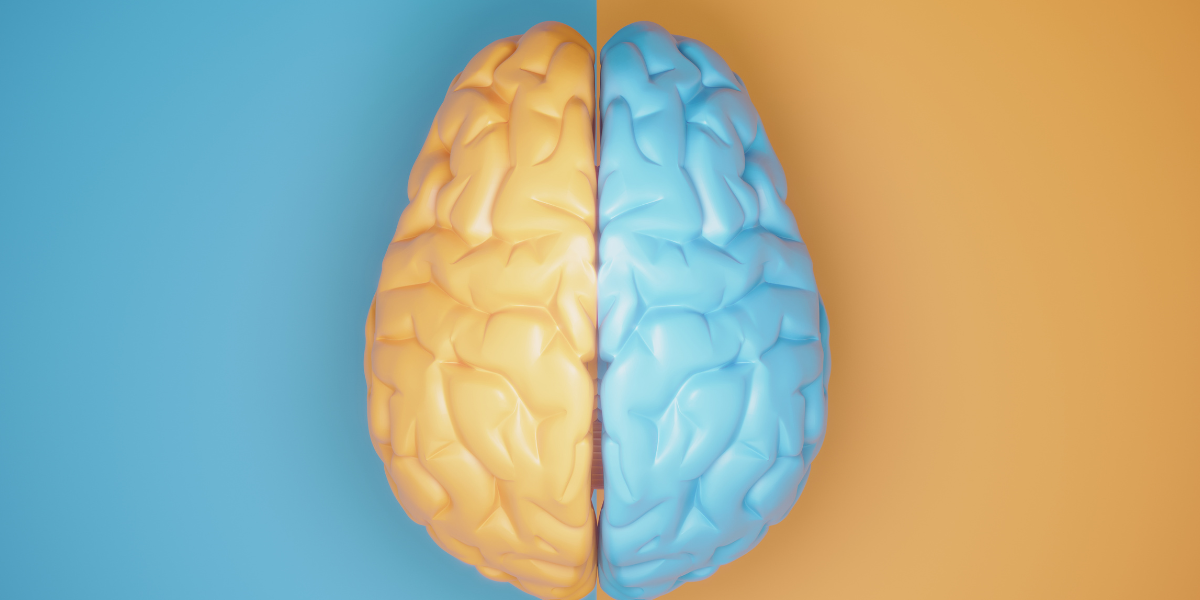Traumatic Brain Injury (TBI) can profoundly affect an individual’s cognitive, emotional, and physical well-being. While medical interventions are crucial for addressing immediate physical damage, behavioral therapy plays a vital role in aiding long-term recovery. Initiating behavioral treatment early in the recovery process significantly improves outcomes and empowers individuals, helping them regain their independence and quality of life.
What is Behavioral Therapy?
Behavioral therapy encompasses a range of treatments designed to help individuals modify harmful behaviors, manage emotions, and develop coping strategies. After a TBI, patients may experience changes in mood, personality, memory, and cognitive function. Behavioral therapy addresses these challenges by teaching new skills and promoting positive behavior changes that support overall recovery.
Why Start Behavioral Therapy Early?
Maximizing Brain Plasticity: The brain’s ability to adapt and rewire itself, known as neuroplasticity, is most active shortly after injury. Early behavioral therapy takes advantage of this critical period, helping the brain form new connections that can compensate for damaged areas.
Preventing Negative Behavior Patterns: Without intervention, individuals with TBI may develop maladaptive behaviors, such as aggression, anxiety, or withdrawal. Early therapy can help prevent these patterns from becoming ingrained, making it easier to establish healthier habits.
Supporting Emotional Regulation: TBI often leads to emotional instability, including mood swings, depression, and irritability. Behavioral therapy provides tools to manage these emotions, reducing the risk of long-term psychological issues.
Enhancing Cognitive Function: Cognitive impairments, such as memory loss and difficulty concentrating, are common after TBI. Behavioral therapy can incorporate cognitive rehabilitation techniques to improve these functions, facilitating better daily living and social interactions.
Improving Relationships: The behavioral changes following a TBI can stress relationships with family, friends, and colleagues. Early therapy helps patients and their loved ones understand and navigate these changes, fostering more substantial and supportive connections.
Q: How soon after TBI should behavioral therapy be started?
A: Behavioral therapy should ideally begin as soon as the patient is medically stable and can participate in therapy sessions. Depending on the severity of the TBI and the individual’s overall health, this could be within days or weeks after the injury.
Q: What types of behavioral therapy are most effective for TBI patients?
A: The most effective therapies often include Cognitive Behavioral Therapy (CBT), occupational therapy, speech therapy, and neuropsychological rehabilitation. However, each type of therapy targets different aspects of recovery, and a tailored approach based on the patient’s specific needs is recommended for the best results.
Q: Can behavioral therapy fully reverse the effects of a TBI?
A: While behavioral therapy may not fully reverse all the effects of a TBI, it can significantly improve functioning, reduce symptoms, and enhance quality of life. The goal is to achieve the highest possible level of independence and well-being.
Q: How can family members support a loved one undergoing behavioral therapy after a TBI?
A: Family members are not just observers in this process; they are integral to the success of the therapy. They can play a crucial role by participating in therapy sessions, providing emotional support, and encouraging the patient to practice new skills at home. Understanding the challenges faced by the individual with TBI and maintaining open communication with therapists are also critical components of support.
Q: Is there a risk of starting behavioral therapy too early after a TBI?
A: Starting therapy early is generally beneficial, but working closely with medical healthcare professionals is crucial to ensure the patient is ready for behavioral therapy. These professionals will evaluate the patient’s physical and cognitive readiness, helping to avoid overwhelming them and ensuring the treatment is beneficial.
Q: What are the long-term benefits of early behavioral therapy after a TBI?
A: Long-term benefits include better cognitive function, improved emotional regulation, healthier behavior patterns, and stronger social relationships. Early treatment often leads to more positive outcomes and a higher overall quality of life for TBI survivors, providing a source of optimism and encouragement for both the patients and their families.
Conclusion
Starting behavioral therapy early after a TBI is a critical step in the recovery journey. By promptly addressing cognitive, emotional, and behavioral challenges, therapy can maximize brain plasticity, prevent negative patterns, and foster a more successful and fulfilling life post-injury.
If you or a loved one has experienced a TBI, remember that you are not alone in this journey. Consult with healthcare professionals about the best time to begin behavioral therapy and tailor a plan that meets your specific needs. They are here to guide and support you and your family.






































